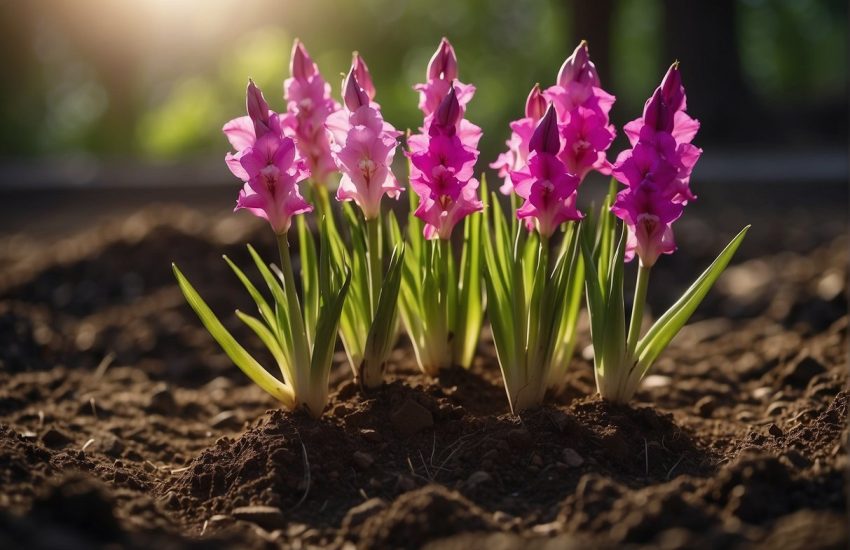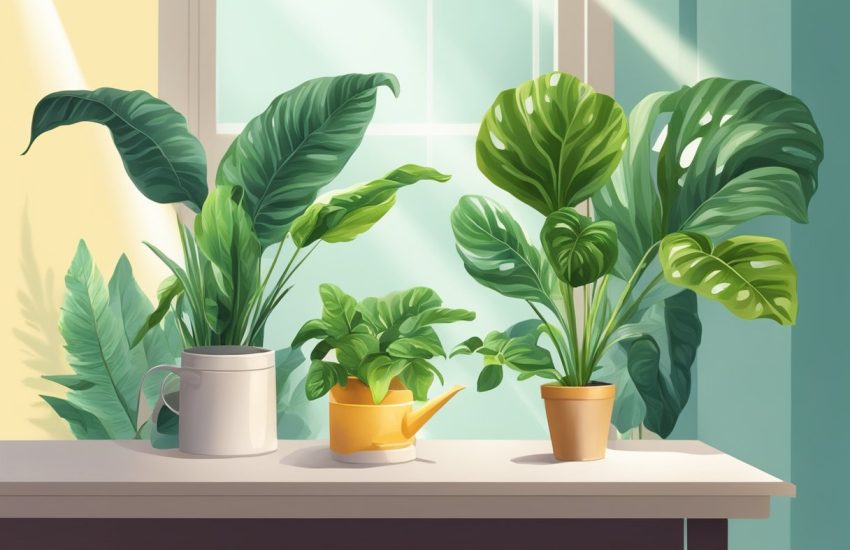Best Compost Materials for New Jersey: Top Choices for Healthy Soil and Gardens
Last updated: February 12, 2026
New Jersey’s climate and local environment really shape which compost materials break down the fastest. For composting to work well, you need a good mix of nitrogen and carbon in your organic waste.
The best compost materials for New Jersey include food scraps, grass clippings, leaves, coffee grounds, and shredded newspaper.
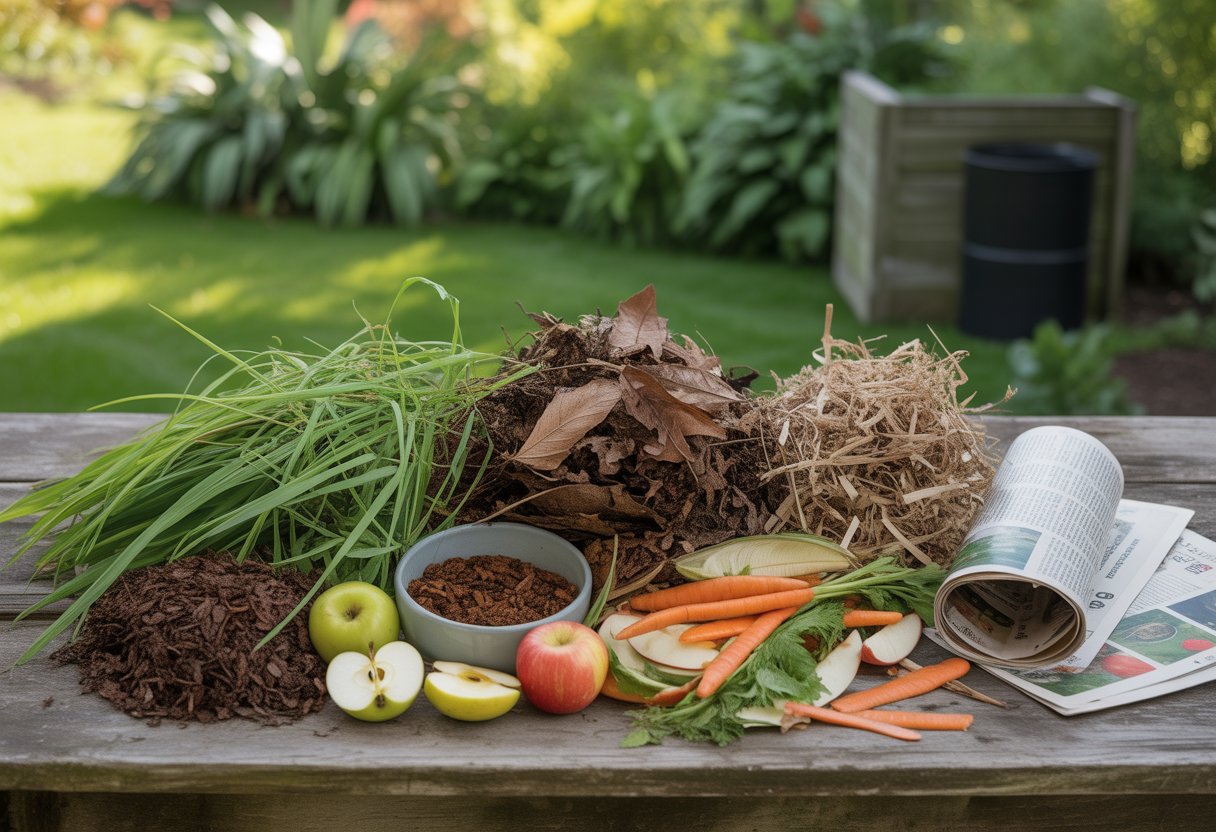
When you use garden waste like leaves and grass clippings, you help the compost pile keep moisture and let air move through. Kitchen scraps bring in nitrogen, which gets things breaking down faster.
Dry stuff like shredded newspaper adds carbon, balancing the pile. Composters in New Jersey should skip weeds, meat, and dairy—those attract pests and can really stink up the place.
Picking the right mix just makes everything easier and leads to richer, healthier soil. Honestly, it’s not rocket science, but a little planning goes a long way.
Fundamental Compost Materials for New Jersey
Composting in New Jersey works best when you pay attention to the types of organic matter you toss in. Good nitrogen and carbon sources make nutrient-rich compost that fits local soil needs.
Balancing these materials keeps heat and moisture levels just right while things break down. You don’t need to overthink it, but it helps to know your basics.
Nitrogen-Rich Compost Ingredients
Nitrogen matters a lot because it fuels the microbes that break everything down. In New Jersey, people usually use grass clippings, veggie scraps, coffee grounds, and sometimes manure from nearby farms.
These “green” or wet materials decompose quickly thanks to all that nitrogen. Tossing in fresh lawn clippings or kitchen waste gives your pile a nice boost.
Just don’t go overboard with nitrogen, or you’ll get smelly, soggy compost. Mixing it up keeps those microbes happy and working.
Carbon Sources for Effective Composting
Carbon-rich stuff gives microbes the energy they need and helps soak up extra moisture. Around here, folks use dried leaves, straw, wood chips, and shredded paper for carbon.
“Brown” materials like these break down more slowly, but that’s good for structure. Fall leaves are everywhere in New Jersey, so they’re a no-brainer.
Adding sawdust or even cardboard can help with texture and air flow in your compost pile. Carbon materials keep things from getting too compacted, so the pile doesn’t turn into a slimy mess.
Balancing Ratios for Optimal Decomposition
The magic number for composting is a carbon to nitrogen ratio around 25-30:1. That’s what keeps things breaking down efficiently without weird smells or delays.
In New Jersey, mixing about three parts carbon-rich stuff with one part nitrogen-rich ingredients usually works well. Adjusting moisture and turning the pile every so often helps keep the balance right.
If the pile feels cold or smells off, it’s a sign to tweak your mix. When you get it right, composting goes faster and your garden soil gets a real upgrade.
Locally Available Compost Materials and Sources
New Jersey has a bunch of compost materials you can grab from home, the community, or even commercial sources. It’s easier than you might think to find what you need for healthy soil.
Residential and Community Resource Options
At home, you can use veggie scraps, coffee grounds, and yard trimmings. Many towns offer curbside yard waste collection—leaves and grass clippings get turned into compost instead of going to the landfill.
County Cooperative Extension offices put on workshops and share tips for composting at home. Rutgers Cooperative Extension is especially helpful, with lots of info on gardening and composting for small spaces.
Community gardens sometimes hand out compost made from treated biosolids, which can be a great soil boost. Some local composting sites even let you drop off organic waste if you don’t have space for a pile at home.
Commercial and Garden Center Supplies
Garden centers across New Jersey sell compost blends that fit local soil and plant needs. You’ll find bagged compost made from municipal biosolids and yard waste, and it’s all processed to meet environmental standards.
If you’ve got a big project, commercial suppliers offer bulk compost. This usually comes from biosolids and carefully managed organic waste.
Rutgers Cooperative Extension and county partners recommend checking labels for nutrient content and organic certification—better safe than sorry. These places also offer soil tests and advice for getting compost into your garden the right way.
Compost Application and Soil Benefits in New Jersey
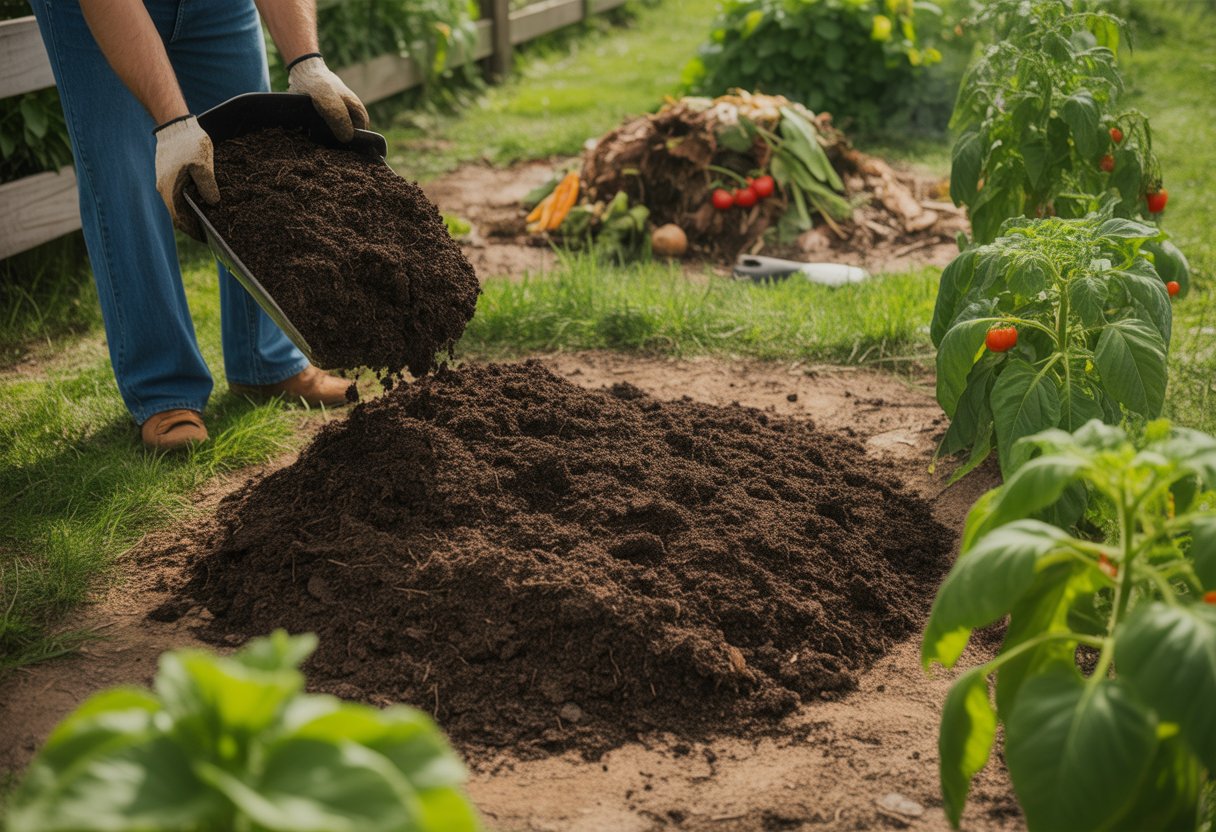
Compost just makes soil better. It improves texture, adds nutrients, and helps the ground hold onto water.
Application methods vary, but the main goal is always to get your garden soil into great shape for New Jersey’s unique conditions. Adjusting soil pH is part of the deal, too.
Improving Topsoil and Garden Soil
Mixing compost into New Jersey garden soil increases organic matter, which helps with structure and air flow. That’s especially handy in heavy clay soils, which are common here and tend to get packed down.
Compost acts as a soil amendment, boosting nutrient availability and feeding helpful microbes. If you blend it with stuff like peat moss or perlite, you get a mix that holds moisture without staying soggy.
Enriching topsoil with compost grows stronger roots and healthier plants. Usually, adding 2-4 inches of compost to the top 6-8 inches of soil gives you a noticeable difference in both texture and fertility.
Adjusting Soil pH and Structure
Soils in New Jersey run from slightly acidic to neutral, and pH can change a lot depending on where you are. Compost usually lands near neutral, so it helps balance out soil that’s too acidic or too alkaline.
In sandy, acidic soils, compost brings in organic acids that gently drop the pH. In clay-heavy, more alkaline spots, the organic matter loosens things up and improves drainage.
Compost also helps soil form stable clumps, which resist erosion and let water soak in better. If you use it regularly, you might not even need chemical soil conditioners.
Key benefits include:
- More stable soil pH, usually around 6.0 to 7.0
- Better soil tilth in both clay and loam
- Improved nutrient and moisture retention without majorly changing native soil
Environmental Impact and Best Practices
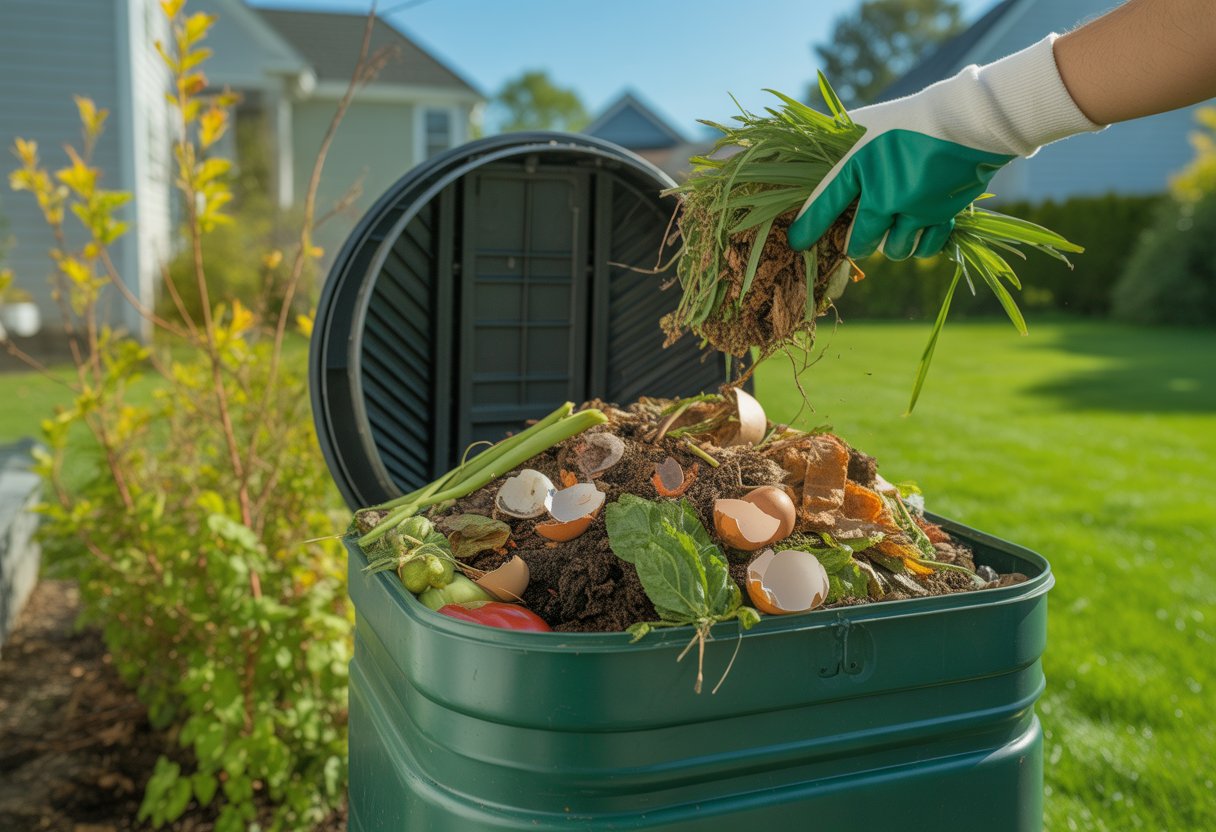
Composting in New Jersey can affect local ecosystems, especially when it comes to water quality. The way you manage compost really matters for minimizing issues like nutrient runoff.
Reducing Water Pollution Through Composting
If you don’t manage compost piles properly, you can get phosphorus runoff into streams and lakes. That leads to algae blooms and messes with aquatic life.
To keep runoff in check, put compost piles on surfaces that don’t let water seep through, or at least keep them away from storm drains. Covering piles during heavy rain helps prevent leachate—nobody wants that.
Turning the pile regularly keeps air moving and cuts down on nutrient leaching. Using a good mix of green and brown materials helps nutrients like phosphorus break down without building up too much.
Testing compost for nutrient levels before you use it can help avoid overdoing it on the soil, which is just better for everyone—especially the waterways.
Responsible Use of Compost Piles
Choosing the right spot for your compost pile matters. Keep it at least 50 feet away from streams or wells—nobody wants contamination sneaking in.
Try to keep the moisture level between 40% and 60%. Microbes need that to break down organic matter properly, and it keeps runoff from becoming a headache.
Skip tossing in dairy, meat, or oily stuff. Those just invite pests and throw your compost out of whack.
Grab a compost thermometer and aim for temperatures between 130°F and 150°F. That range wipes out pathogens and speeds things up, so you don’t end up with unhealthy bacteria sneaking into your garden or water.

